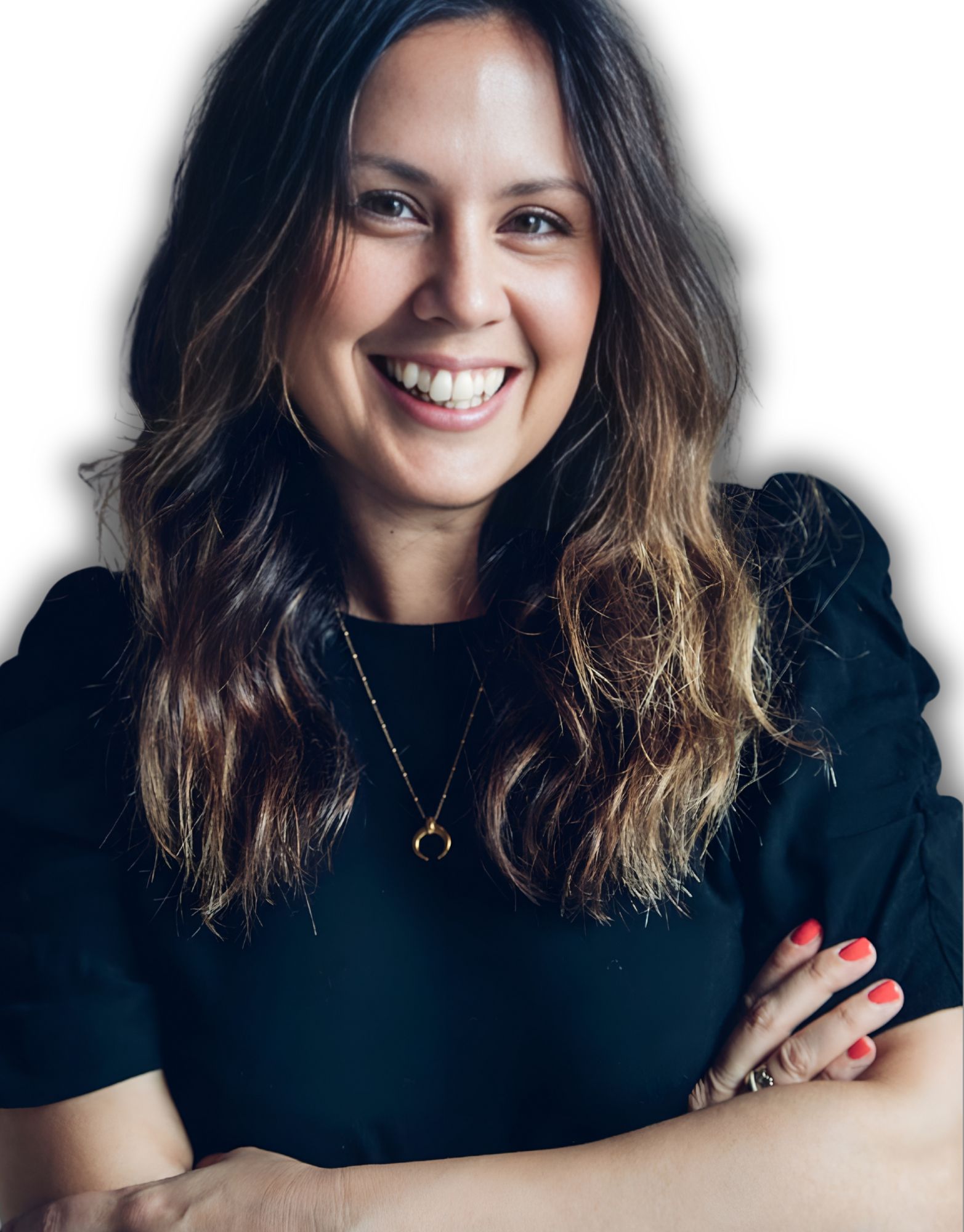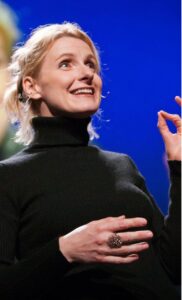On Women for Women in Sisterhood and Solidarity
By May Ikeora-Amamgbo & Daniel Agusi
In conflict-affected regions, women are often the most overlooked and yet the most powerful drivers of change. At the heart of amplifying their voices is Sara Bowcutt, Uk Mana-ging Director of Women for Women International, an organization that has supported more than half a million women worldwide with education, skills, and solidarity.
With over 20 years of experience in the charity sector, Sara has dedicated her career to advocating for women survivors of war and ensuring they have the tools to rebuild their lives. Her leadership is rooted in collaboration, feminist principles, and the belief that sisterhood can transform societies.
In this conversation with Raising Women Magazine, Sara shares her personal journey, her philosophy of leadership, and her vision for building lasting change for women and girls across the globe.
Q: On a personal level, what experiences shaped your passion for advocating for women survivors of conflict, and how have they influenced your leadership journey?
A: I think I’ve always had a natural passion for advocating for women. I’ve got a strong Filipino mother who is very much about women being empowered, so that has always been in my DNA.
I’ve worked in the charity sector for more than 20 years, including at War Child, where I visited the Democratic Republic of Congo. It was my first time on the continent, and the trip was about understanding our work with children affected by the war in DRC. It was an incredible experience, the first time I saw firsthand how war affects people, not just the conflict itself, but also poverty, displacement, trauma, and everything tied up with conflict.
What struck me was that I met many boys, mostly teenagers, but not girls. I kept asking, “Why am I not meeting girls?” In one meeting with boys living on the street, I asked again, and they said, “The girls are the girlfriends of the police.” That really struck me. I thought, there’s obviously more here than they understand, or I understand.
I came home with a craving to understand how women and girls are affected by war. I kept working for War Child, but personally I started researching. I wanted to find an organization that was working with women and girls in conflict-affected countries. That’s how I came across Women for Women International.
It was the start of a love affair. I didn’t join for another eight years, but from the day I discovered it, I admired the work. It wasn’t about handouts, it was practical, about upskilling women, investing in their power, and enabling them to transform their lives.
That trip to DRC set me on a trajectory. It shaped my leadership approach: being a communicator, an advocate, and creating platforms for women to speak for themselves. It really influenced me to take on the leadership of this organization and how I talk about why our work is so important.
Q: Leading a global humanitarian organization comes with unique challenges. What has been your most defining leadership lesson, and how has it shaped your approach at Women for Women International?
A: One of the most defining lessons has been realizing that
I can’t and shouldn’t do everything. That led me to embrace collaboration. I see it as a feminist leadership principle: working with power, not over people. I have incredible colleagues and staff with expertise that complements mine. The biggest impact happens when we share the load and share opportunities too.
Because of my title, I get approached a lot to speak to the press or at events. But it doesn’t always need to be me. Others on the team bring powerful perspectives and passion. When they share in those opportunities, the impact grows.
On a personal level, learning that just because I can doesn’t mean I should has been transformative. It freed me from burnout and gave me more time to focus on what I do best. It also gave others space to shine in their strengths. That has been a game-changer for me.
Q: Women for Women International places sisterhood and solidarity at the heart of its mission. How do you see this model of empowerment transforming opportunities for women and the communities you serve?
A: Sisterhood and solidarity are at the heart of everything we do. It’s not just about how we engage with women, but also how we operate as an organization.
Every time I visit our programs, women tell me that the most important part is the connections they make with other women. In Rwanda, I met a cooperative of women who graduated from our program. They had started a strawberry jam and wine business together. One woman told me, “These women changed my life.”
That’s what sisterhood does. It builds confidence, resilience, and creativity. Women who have been through unimaginable things pick themselves up, find strength together, and thrive. Many go on to start businesses, brick-making, leather workshops, cooperatives that not only support them but also employ others.
Sisterhood is not a soft outcome. It creates tangible, long-term transformation. That’s why our programs are designed to bring women together. When women unite, they achieve extraordinary things.
Q: In some places, there’s a belief that women don’t always support women. Have you come across this narrative in your work?
A: I’ve heard that narrative and experienced both sides myself. Some women have lifted me up, and some have not.
But in our programs, I’ve overwhelmingly seen the positive: women supporting women, lifting each other up, and creating businesses together. Our program design helps. By embedding sisterhood as a principle and creating safe, structured spaces, we see women thrive together.
We also have a Safer Spaces Policy for all our events, even in the UK. It sets clear expectations and boundaries so women know they are in a safe, supportive environment. That’s always been part of Women for Women International’s DNA, and I think that’s why it works.
Q: The charity sector is evolving with a focus on long-term systemic change. How does Women for Women International ensure its programs go beyond immediate relief to create lasting transformation?
A: Nearly all our work is designed for long-term impact. Our 12-month “Stronger Women, Stronger Nations” program equips women with health knowledge, awareness of rights, and vocational and business training. These are skills for life.
We also continually consult with women in the countries we serve. Last year, we held a global consultation across 14 conflict-affected countries, reaching over 6,500 women. Importantly, the questions weren’t designed in London, they were created by women themselves, asking each other what they needed most.
This participatory approach ensures our programs remain relevant, adaptable, and impactful for the long term.
Q: What are your ambitions for Women for Women International, both in the UK and globally?
A: For the UK, my focus is long-term sustainability, ensuring we can continue to support women as the world changes.
Globally, our ambition is scale. Our program works, we have the data and lived experiences to prove it. But we currently operate in eight countries, while many more conflict-affected regions could benefit. Partnering with other organizations is key to expanding that impact.
Another ambition is to move decision-making closer to women themselves. Women know what they need. Our role is to listen, adapt, and amplify their voices and not just in public forums, but also in closed-door policy spaces.
Q: This year at Raising Women Initiative, our theme is The Woman: Her Worth, Her Wealth, Her Well-being. As a closing reflection, what message would you offer to women everywhere on how to honor their worth, build meaningful wealth, and safeguard their well-being?
A: I’d use the analogy from airplanes: in an emergency, you put on your own oxygen mask first before helping others.
Women often put everyone else first. But if we aren’t healthy, secure, and well, we can’t truly support others or have the impact we’re capable of.
So I’d encourage women to set boundaries, to prioritize their joy and well-being, and to invest in themselves. Only when we are okay can we honor our worth, build wealth, and have the impact we want.







